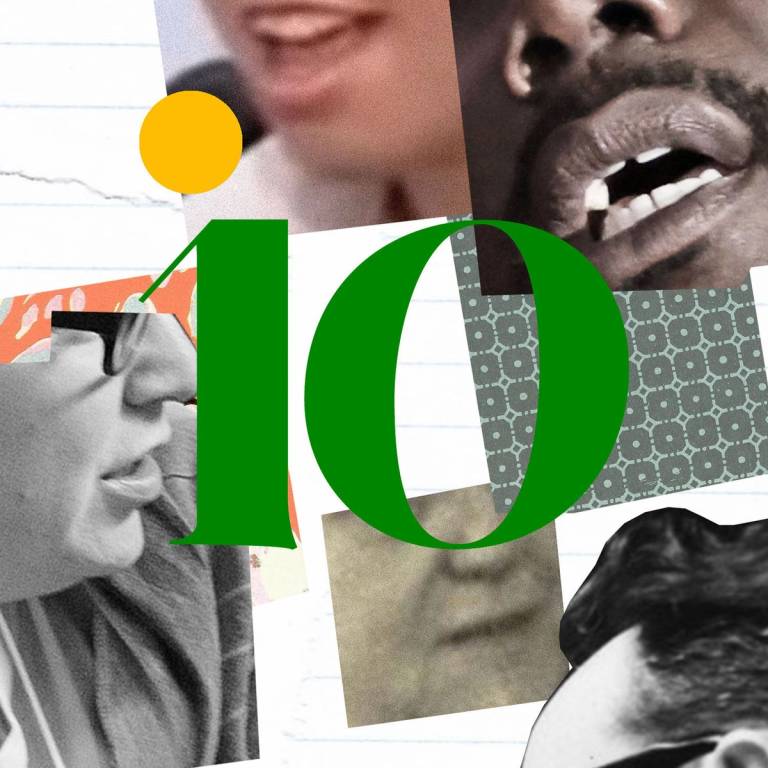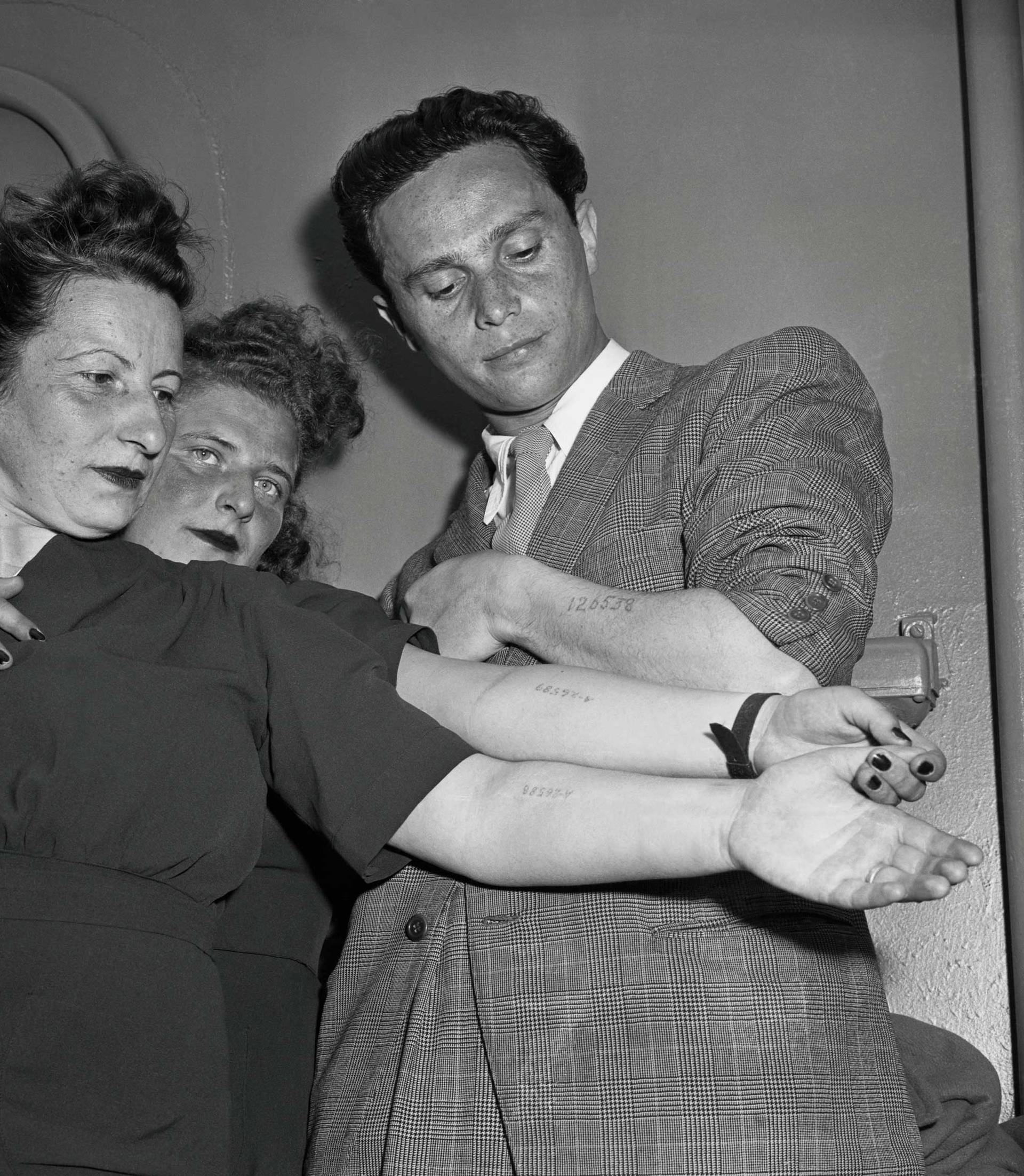Tablet Magazine
Listen to Tablet
America’s Popular Universities for Palestine
This week, Walter and Jeremy discuss the Ukraine aid package, banning TikTok, Lina Khan’s FTC overreach, and the pro-Hamas protests sweeping America’s college campuses
April 25, 2024
Listen to Tablet
America’s Popular Universities for Palestine
This week, Walter and Jeremy discuss the Ukraine aid package, banning TikTok, Lina Khan’s FTC overreach, and the pro-Hamas protests sweeping America’s college campuses
April 25, 2024
The Minyan
See all in The Minyan →︎

Roundtables on the state of the American Jewish community, bringing together people from a shared demographic or background—everyday people with personal opinions, not experts who earn their salaries discussing these issues.
Survivors Then and Now: The Story Behind the Word
Thursday, May 2, 7-8 p.m. ET, on Zoom. Join Tablet as we talk with historian Jenna Weissman Joselit about the experiences of the displaced persons who lived—and where they eventually found new homes. This is a Tablet members-only event.
More info and register
On Campus Antisemitism


Why Campus Antisemitism Matters
Studies and polls of American Jewish students reveal a startling degree of anxiety and fear
BY LEONARD SAXE
Ivy Leaguers, Find Your Spines
I spent my years at Columbia ignoring my common sense in the face of a glaring double standard. Now my classmates cheer on murder and I’m sitting with my shame.
BY ANI WILCENSKI
What Happens When You Teach at Columbia and Reject Hamas
A professor and his wife saw their lives upended by their decision to denounce terrorism in Israel and antisemitism in America
BY SHAI DAVIDAI AND YARDENNE GREENSPAN
Why America’s Richest Universities Are Protecting Hate-Filled Foreign Students
Accommodating overseas elites by tolerating antisemitism on U.S. campuses is part of a scheme to turn loss-leader DEI categories into profit centers
BY TONY BADRAN
And more
Newsletter
Subscribe to Tablet:



